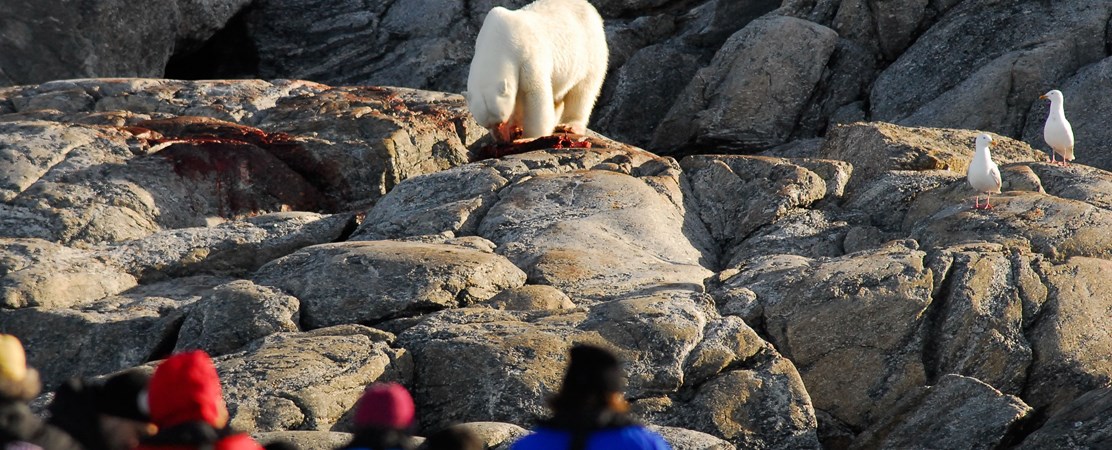Development and Establishment of a Competency Centre for Arctic Field Safety

By Hanne Christiansen, Professor, Departmental Leader, University Centre in Svalbard
At the University Centre in Svalbard (UNIS) all staff and students receive practical field safety training before they start doing fieldwork. This is an important part of ensuring
a good and safe working environment, and also the best conditions for doing advanced fieldwork in the high Arctic environment of Svalbard.
Knowing about this approach to field safety in education and science, UNIS has seen a demand from several national and international institutions and networks for also obtaining the special basic safety course that we run. Therefore we have developed a three-year project to develop and establish a competency centre for Arctic field safety at UNIS in Longyearbyen, in short the Arctic Safety Centre. The project is funded by the Norwegian Foreign Ministry’s Arctic 2030 programme (2015-2018).
UNIS is establishing the Arctic Safety Centre in close cooperation with national and international partners. Several Svalbard partners varying from local authorities to private companies are involved, such as the Norwegian University of Science and Technology and SINTEF from Norway. UArctic, INTERACT (International Network for Terrestrial Research and Monitoring in the Arctic) and FARO (Forum of Arctic Research Operators) are the key international partners.
The Arctic Safety Centre activities will focus on safety and emergency preparedness associated with activities in a potentially hazardous and vulnerable natural environment of the Arctic. The Centre will teach and do research and dissemination with the objective of acquiring the best possible expertise for the wider population and also for visiting researchers and other visitors to Svalbard and the rest of the Arctic. Furthermore, the Centre will develop and disseminate knowledge and technology that will enable operations and transportation in the Arctic to be implemented in a safe and environmentally sound manner.
At the kick-off workshop in spring 2016, we began the work to find the best way to use the unique combination of advanced natural science observations and practical field safety training from Svalbard with Norwegian and international knowledge of field safety research and theoretical education. This combination would help build a new, unique way of developing future Arctic field safety to become even better and accessible for all the inhabitants of the Arctic and its many visitors. We also hope to be able to develop a new scientific department at UNIS, building on all our existing departments, which will largely contribute to raising the Arctic profile of UNIS.
